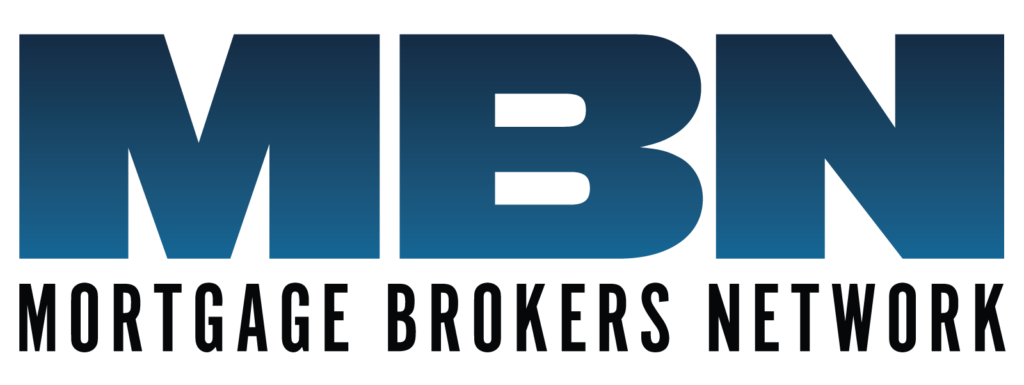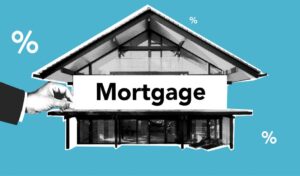Getting a mortgage with bad credit while self-employed is not as difficult as you think. Alternative lenders usually have programs and products that consider these mortgages. The good news is there’s always a solution.
We’re going to walk through what you need to do to get approved for a mortgage.
Getting Approved for a Mortgage with Bad Credit While You’re Self-Employed
Alternative lenders differ from traditional lenders, they look at more than just credit when considering approval. There are a number of other factors that come into play. The key ones that encompass the process are income, equity in the home, and down payment if purchasing.
Your ability to be approved will all be dependent on how well you match those categories. It will also determine your interest rate, and the general quality of the mortgage you get.
Regardless of your situation, getting approved is a possibility with the many options available. Just because you’re self-employed doesn’t mean all is lost. Alternative lenders will take the time to review your tax returns, credit, and business history. You may not fit the profile for traditional banks but creative financing is possible.
Things are a little more straightforward when you work for an employer. You receive a paycheck and file your taxes. It’s the easiest form of income to prove when applying for a mortgage.
Self-employment doesn’t offer as much certainty. The income usually comes from many sources and is a bit harder to track.
Additionally, your past few years might not have been as good as the current one. With all of this in mind, let’s take a look at how you can best set yourself up for approval.
1. Keep Clear Records, Have Them Ready
Since self-employed individuals are a little riskier to lend to, lenders need to understand your financial situation.
Have the complete set of your taxes prepared and ready to show the institution. This might mean having the last three years of statements as well as any other information that might be pertinent to them.
You should also have a clear list of your write-offs for those years and an understanding of how those have impacted your total income statement.
As we all know, self-employed individuals may have to write off a lot of big purchases on their taxes, thereby unbalancing their income statements and making it a little harder to see how much they’re really bringing in.
When you’re trying to get a mortgage, your best bet is to have an understanding of all of these factors and the paperwork to match. That way, at least the lender will see what you’re talking about and have a clearer idea of how much you earn.
2. Save More Money for The Down Payment
Another way to reduce your risk as a borrower is to have a higher down payment. Most Canadians are required or asked to pay 20 percent upfront.
Unemployed Canadians might have an easier time getting approved if they can offer closer to 30 percent of the mortgage upfront rather than the traditional 20.
This is a difficult thing to ask anyone to do, as this is a large amount for anyone to save. That said, it’s possible to save this much over time, and that might be the time you need to establish three years of consistent income on your taxes.
Again, it’s important that the lender sees you as a consistent earner, and that’s a difficult thing to hack for a lot of self-employed people. Consistently earning the amount you need to for three years may be enough time to save enough money for that 30 percent down payment on the mortgage.
3. Improve Your Credit
Finally, and this one may seem obvious but it’s true, you should work to improve your credit.
Regardless of where your score sits currently, self-employed people have to work a little harder to get approved so you should aim for as high of a score as you can.
Some options for improving credit are taking out a credit card to be used monthly and immediately paid off, staying up on payments and never being late, or getting a credit booster loan. There are a lot of other ways to boost your credit, though, so be on the lookout for different opportunities that can help you boost that score.
4. Lower Your Debt-to-Income Ratio
If you can set a little extra cash aside to lower your debt levels, you should do so. This means paying a little more than the required payments to reduce your monthly payments.
When you lower your ratios it allows you to secure a larger mortgage amount. Lenders look at your credit score as well as your debt-to-income ratio, so it’s to keep your unsecured debts low.
Working through all of the ideas listed above will put you in a position to get approved.
Looking for a Mortgage?
When looking to take out a mortgage but are unsure whether or not you’re in a position to get approved, we’re here to help you. We’re a lender that offers options, so get in touch and there’s a good chance that there’s something in that will work for your situation.
Contact us for more information on mortgages, loans, financial health, and more.







